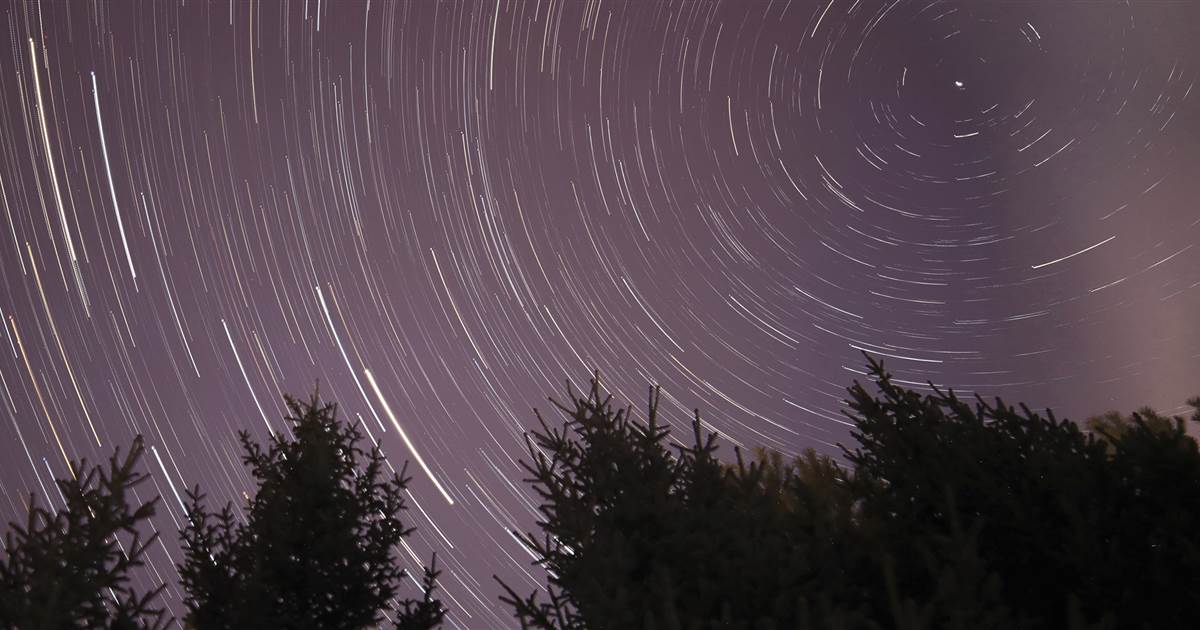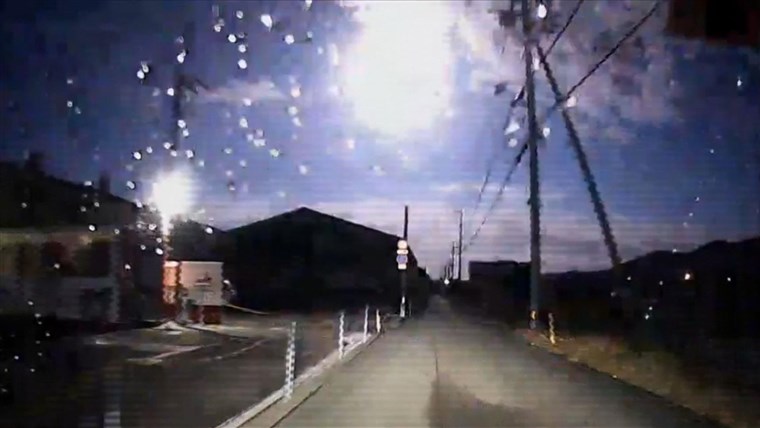The quadruple meteor shower, one of the strongest sights in the sky but difficult to see at times, is set to reach its climax on Saturday night, marking the first meteor shower in 2021.
The annual meteor shower is known as the „bright fireball meteor“ and „is considered one of the best annual meteor showers,“ according to her. NASA.
This year, the waning of a bright convex moon could make the meteorites, which typically illuminate the dark night sky, become difficult to spot, according to EarthSky. However, it’s still worth gazing at the sky to catch a glimpse of the annual light show.
Here’s what to know about the 2021 quadruple meteor shower:
What causes a quadruple meteor shower
Quadruple is not an ordinary meteor shower. While most meteor showers are caused by the combustion of small bits of debris from a comet as it enters Earth’s atmosphere, the quadrantides are thought to be caused by asteroid debris or a possible „rocky comet“, according to NASA.
Each year, these debris tracks come into contact with Earth’s atmosphere, burning up and creating colorful scenes in the night sky.
When you watch
The International Meteorological Organization expects the peak to be on January 3 at 14:30 PM UTC, which means that people in North America have the best chance of seeing showers during the dawn hours of January 3.
While some meteor showers reach their peak for several days, the Quadrantids have a window of only a few hours and have been known to not always appear on schedule.
How to monitor quadruple
Quaternary prefers those in the northern hemisphere. The American Meteorite Association recommends people „face the northeast quadrant of the sky and focus your view midway in the sky.“
The group explained: „By facing this direction, you will be able to see meteors shooting off radiation in all directions. This will make it easy to distinguish between quadruple meteors and random meteors from other sources.“ Blog post.
What to expect from the first meteor shower in 2021
This year’s display might not be as flashy as years past due to moonlight, but there could be as many as 100 meteors moving through the sky every hour during their zenith, according to AccuWeather. However, the outlet reported that people are likely to see only a quarter of the event.
Showers next year are expected to be better. The American Meteorological Society said 2022 Quadrandtids are expected to peak on January 3 at 21:00 UTC with no moon. This timing will be favored by an audience of sky-lovers in Asia.

Přátelský webový obhájce. Odborník na popkulturu. Bacon ninja. Tvrdý twitterový učenec.



